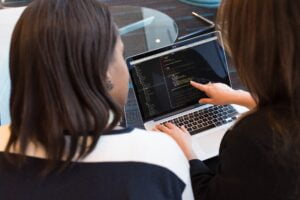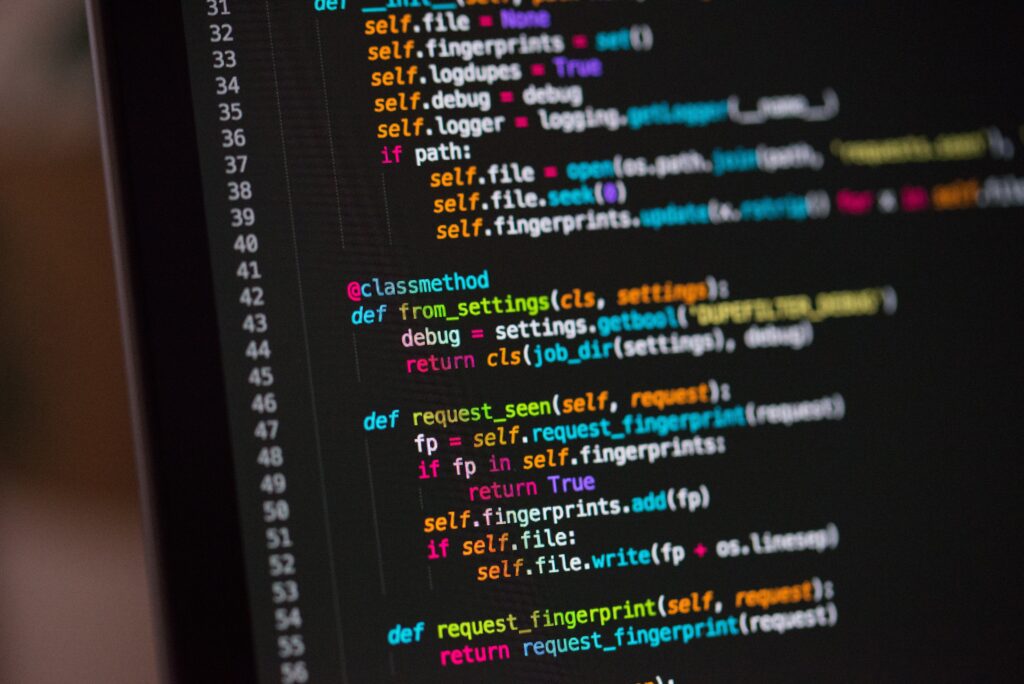In the ever-evolving landscape of software development, writing clean, maintainable, and efficient code is not just a good practice; it's a necessity. Clean code not only makes your work more manageable but also enhances collaboration with fellow developers. In this article, we will delve into coding best practices that will empower you to write impeccable code. We will explore these practices under various headings and subheadings to provide a comprehensive understanding. So, let's embark on a journey towards coding excellence.
The Importance of Clean Code
Why Clean Code Matters
Clean code is the foundation of any successful software project. It’s the difference between a project that thrives and one that crumbles under its own complexity. Here’s why clean code matters:
1. Improved Readability
Clean code is like a well-written book, easy to read and understand. It makes it simpler for you and your team to grasp the logic and functionality of the code.
2. Easier Maintenance
Maintaining clean code is less time-consuming and error-prone. When you need to make changes or fix bugs, clean code simplifies the process.
3. Enhanced Collaboration
Working in a team is inevitable in software development. Clean code facilitates collaboration by making it accessible to other developers.


Common Mistakes to Avoid
Before diving into best practices, let's identify some common coding mistakes that lead to messy code:
1. Neglecting Comments
Failing to add comments to your code can make it challenging for others (or even your future self) to understand the purpose of each component.
2. Not Following Naming Conventions
Inconsistent naming of variables and functions can confuse anyone trying to decipher your code. Adopt a naming convention and stick to it.
3. Overcomplicating Solutions
Sometimes, we tend to over-engineer solutions. Simplicity should be your guiding principle. Avoid adding unnecessary complexity to your code.
Best Practices for Writing Clean Code
Before diving into best practices, let's identify some common coding mistakes that lead to messy code:
Meaningful Variable Names
Use Descriptive Names
Choose variable names that clearly convey their purpose. For example, instead of using “x” or “temp,” opt for names like “userInput” or “totalSales.”
Consistent Indentation
Maintain Consistency
Consistent indentation improves code readability. Whether you use tabs or spaces, stick to your chosen style throughout the project.
Avoid Code Duplication
Create Reusable Functions
Identify repetitive code and encapsulate it into functions. Reusing functions reduces redundancy and makes your codebase more maintainable.
Comment Wisely
Explain Intent, Not Implementation
Focus on explaining why a particular piece of code exists, not how it works. Detailed comments about the “why” provide context to other developers.
Optimize for Performance
Profile and Benchmark
Identify performance bottlenecks by profiling your code. Use benchmarks to measure improvements after optimizations.
Version Control
Use Version Control Systems
Version control systems like Git help you track changes, collaborate with others, and roll back to previous states when needed.
Examples of Clean Code
To better understand these best practices, let's look at some examples:
Example 1: Meaningful Variable Names
Consider this Python code snippet:
# Bad
x = calculate_total(items)
# Good
total_price = calculate_total(shopping_cart)
Example 2: Avoid Code Duplication
Imagine you’re working on a JavaScript project:
// Bad
function calculateTax(price) {
return price * 0.1;
}
function calculateTotalWithTax(price) {
const tax = calculateTax(price);
return price + tax;
}
// Good
function calculateTotal(price) {
const taxRate = 0.1;
const tax = price * taxRate;
return price + tax;
}
Conclusion
Writing clean, maintainable, and efficient code is essential for any software developer. It enhances readability, simplifies maintenance, and promotes collaboration. By following coding best practices and avoiding common mistakes, you can elevate your coding skills and contribute to successful software projects.
FAQs
1. What is the significance of clean code in software development?
Clean code is essential as it improves readability, simplifies maintenance, and enhances collaboration among developers.
2. How can I avoid common coding mistakes?
You can avoid common coding mistakes by adding meaningful comments, following naming conventions, and avoiding unnecessary complexity.
3. What are some coding best practices for clean code?
Coding best practices include using descriptive variable names, consistent indentation, avoiding code duplication, commenting wisely, and optimizing for performance.
4. Why is version control important in coding?
Version control systems like Git help you track changes, collaborate with others, and manage your codebase effectively.
5. Where can I learn more about coding best practices?
You can find extensive resources online, including books, tutorials, and courses, to further enhance your knowledge of coding best practices.





admin
thanks